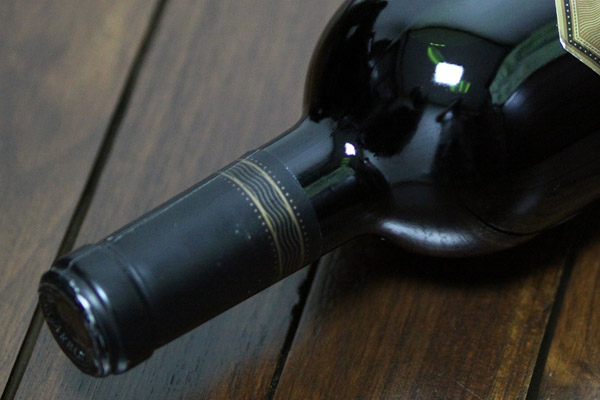
I like the continuing debate on what is the perfect closure for wine bottles. It certainly brings out strong advocates for the traditional cork as well as those for the screw cap. We all agree on eliminating that terrible corky TrichloroAcetic Acid (TCA) element that so easily spoils the enjoyment of your wine. Now there is another issue being debated over oxidation vs. reduction.
I refer you to the brilliant article posted July 1, 2013 by Andrew Jefford (in fact all his weekly wine blogs each Monday on Decanter.com are superb) called “A Bit of A Stink” – www.decanter.com/news/blogs
Please share your opinion on whether or not you are experiencing more reductive wines these days and if so are you decanting them.
Also chime in on whether or not you prefer cork or screw cap closures generally. If you prefer cork would you nonetheless favour screw cap at least for young fresh aromatic whites.
If we could eliminate TCA from cork that would make a huge swing towards cork for me. However there are also the issues with cork and its role in premature oxidation and overall irregularity between bottles of same wine with ageing. This probably reached a peak in mid 90s through to the early 2000s as wine production sold in bottle exploded and put great demand pressure on cork . This lead to earlier harvesting and shoddy practices which lead to a diminution in the quality of corks and a high occurence of TCA. This has lead to a big swing towards alternate closures which greatly reduce the risk of TCA ( not totally as TCA can get into wines through other means than the cork) . This swing has taken some pressure off the cork production which has seen a rise in quality of cork however its inherent weaknesses still exist though at lower level. So why continue using cork? Well from discussion with a broad range of winemakers the majority of them believe that the best bottles will be achieved using a high quality cork but there will still be more variabilty between individual bottles. If we were to swing to alternate closures for all wines that are designed to be consumed within say 3-5 years this would see less disappointments for consumers and further reduce the pressure on cork production so allowing the harvesting of more mature trees and put more pressure on cork manufacturers to better quality assurance.
Reduction is an issue under screwcap but should be mangeable with due care at bottling. It is also becoming an issue “under cork” as many winemakers appear to be using a more reductive approach to winemaking.
Pictures are nice addition Sid. All we need now is to add a bit of members participation. Come on folks!
Greetings, and thanks Sid for the blog.
I’m happy with either closure, tho you can’t beat the convenience of a screw cap if you are travelling and don’t have a corkscrew handy.
Could it be that winemakers “believe that the best bottles will be achieved using a high quality cork” simply because that is what they have been using for generations?
Alex
Great posting. I prefer corks to screw caps.
I prefer cork to screw cap for wines that need time to develop, particularly those with oak treatment like chardonnay, pinot noir and Bordeaux varietals. I have been disappointed with many screw cap versions of these that just don’t develop the complexities that I enjoy in an older wine. I have done a few tastings of identically made wines closed with cork and screw cap and while I have always preferred the cork, I have found that others are generally split fairly equally.
I have unfortunately a very acute ability to detect TCA. I have several times revealed its presence to a silent group , who then agreed. My threshold has been estimated at about 2 or 3 parts per trillion, while for may it would be above 10 ppt.
All this to say that my case might be unusual, but I have had 2 or 3 times detected TCA in screw capped bottles…So it is not absolutely 100%…
But not very far because I see many bottles in a week,and I am very old…